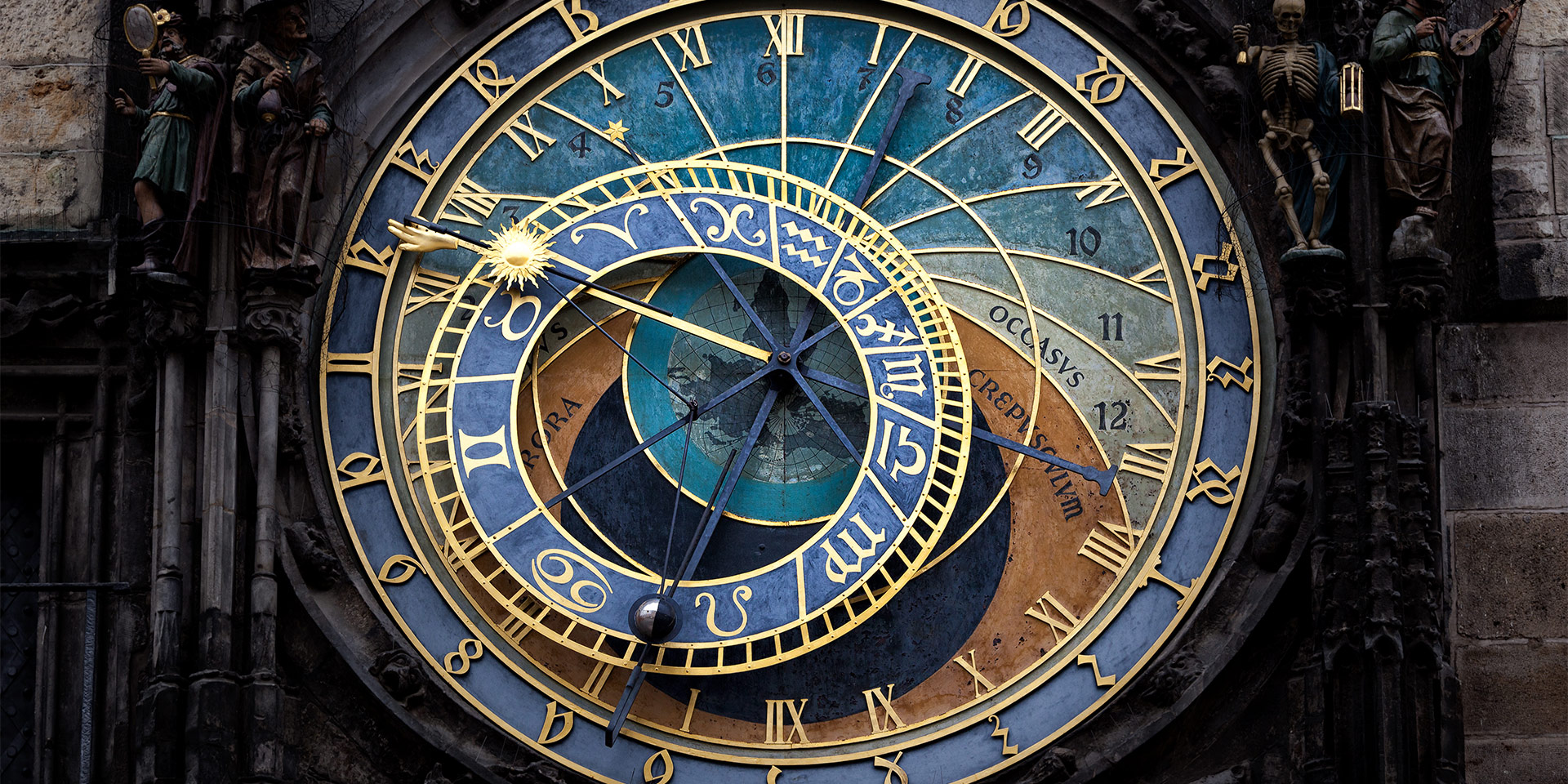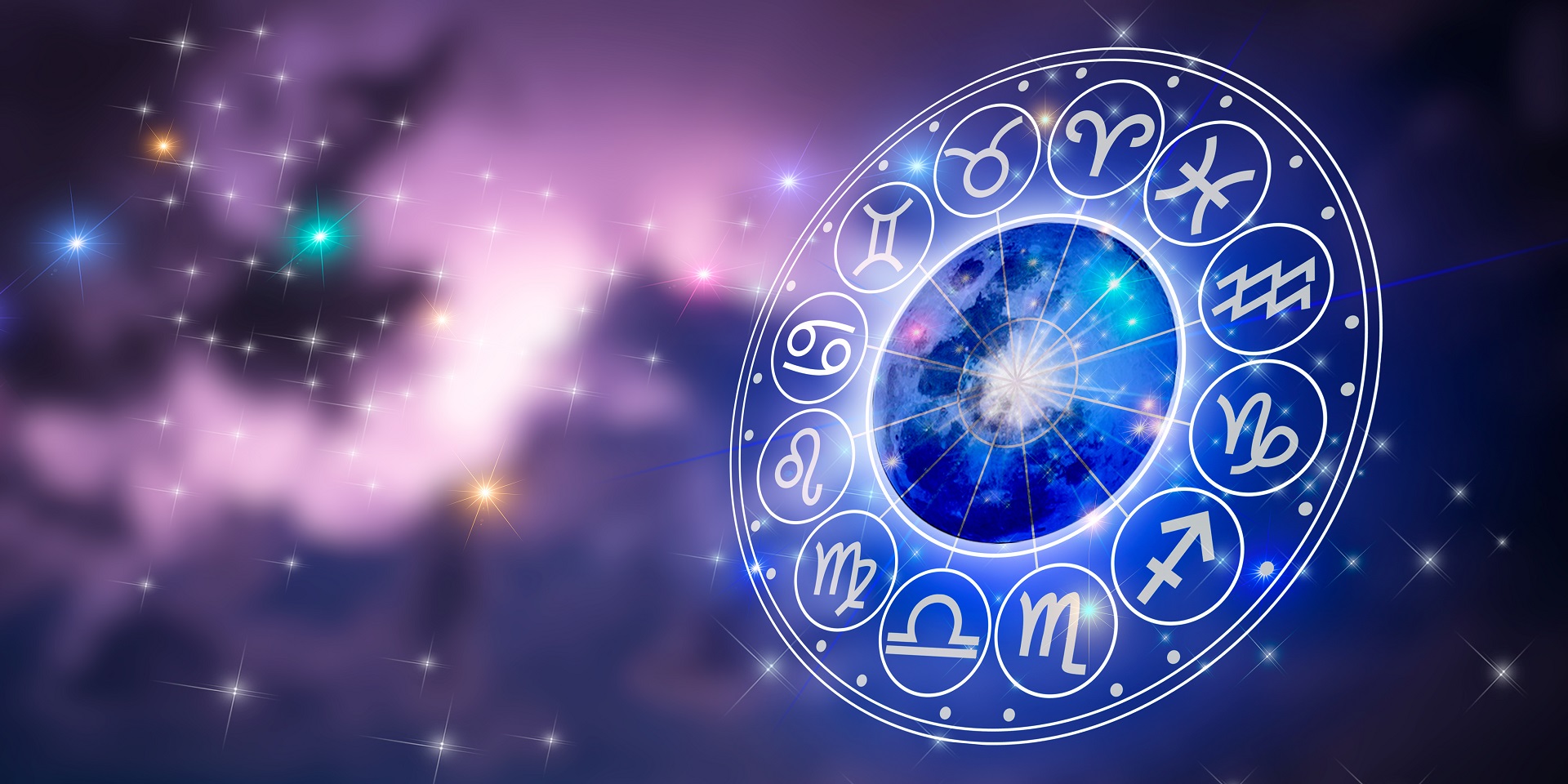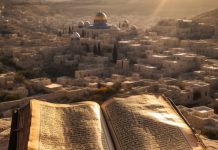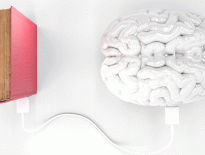The daily horoscope is sometimes seen as a quasi-scientific method of predicting the future, other times as a preoccupation of childish adults, a way of calming one’s curiosity about tomorrow.
The association between celestial bodies and events on Earth seems shrouded in mystery and science, but the key question remains: Why don’t astrologers win all the money from sportsbooks? Why can’t they guess lottery numbers? Why do horoscope headings in newspapers contain expressions such as “it’s possible, maybe, should” etc.?
Even some companies who claim to be involved in the recruitment of top employees ask candidates for their zodiac sign, to see to what extent they are compatible with their employer or office colleagues’ claims.
In reality, horoscopes (astrology) and science (astronomy) have nothing in common. Astronauts on the International Space Station, NASA researchers, and their colleagues who spend their nights counting the stars in the firmament are never mentioned on the astrologers’ list, nor do they chip in with their opinions in the newspapers about people’s destinies.
Where does astrology come from?
Most of the world’s ancient civilizations, with the notable exception of the Jews, had their own way of linking the course of the stars to the paths of men. The Babylonians, the Egyptians, the Aztecs, the Mayans, or the Chinese developed complex astrological systems, trying to predict the future of their nations and even that of civilizations.
However, the God of the Jews saw in this only a form of witchcraft, and categorically forbade any form of finding out the future other than by the lawful revelation thereof by God Himself (Deuteronomy 18:10; 13:1-3).

Christians inherit this prohibition in the Old Testament and are in a position to choose today, like the Jews of old, between a syncretic faith—with many pagan elements, proven to be bankrupt—and a biblical one.
The God of Scripture declares Himself to be the only one who knows the future, and the heavens He created proclaim “the glory of God,” not the destinies of men (Psalm 19).
Is it written in the stars or in our minds?
The horoscope remains an excellent and handy way to manipulate people’s expectations about the future and the present. Australian researcher Geoffrey Dean conducted an experiment with 22 people whose astrological predictions he reversed, placing negative statements where the horoscope was positive. The result? Subjects stated that the statements were true in 95% of the situations.
After monitoring over 3,000 predictions by renowned astrologers for five years, astronomers Calver and Ianna, found that only 10% of them came true—as was the case with the logical suspicions of passers-by.
The conclusion is a simple one: we are the unstoppable seekers of the way, of tomorrow, of the future. We must not forget, however, that not all those who offer to help us cross the bridge also take us in the right direction.
Adrian Neagu is the editorial director of Life and Health Publishing House Romania and holds a PhD in History.



















